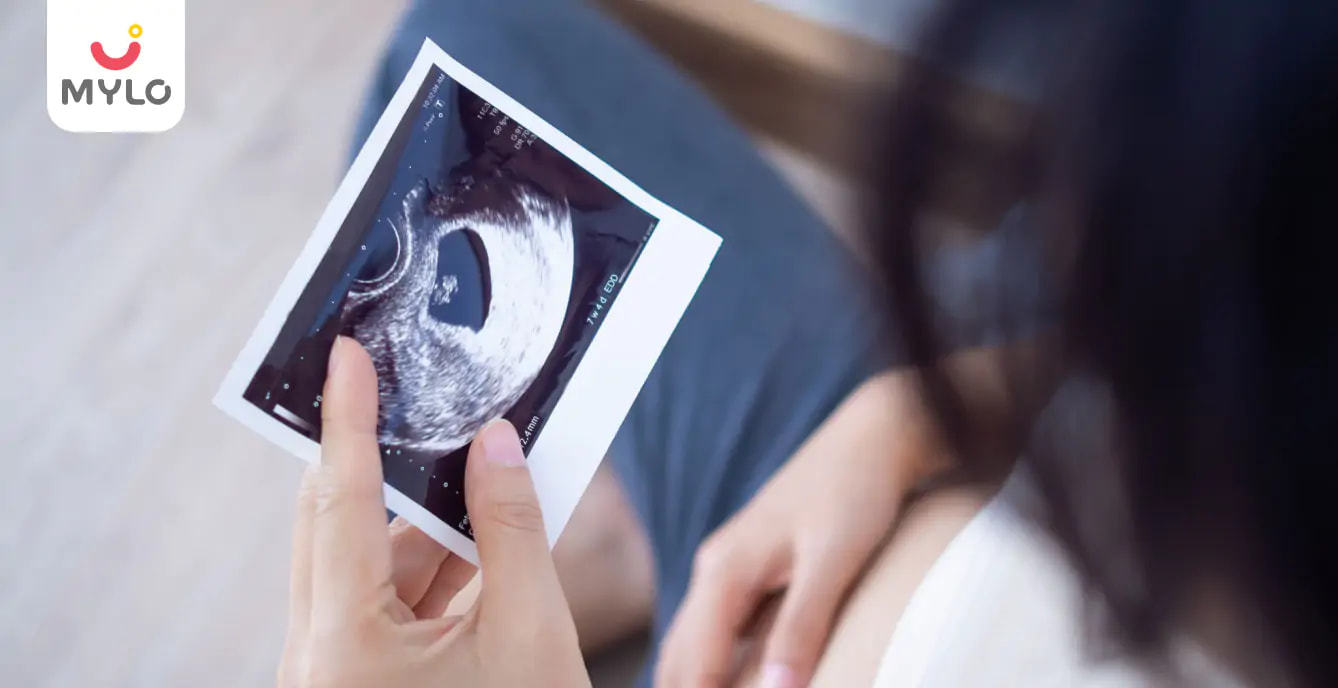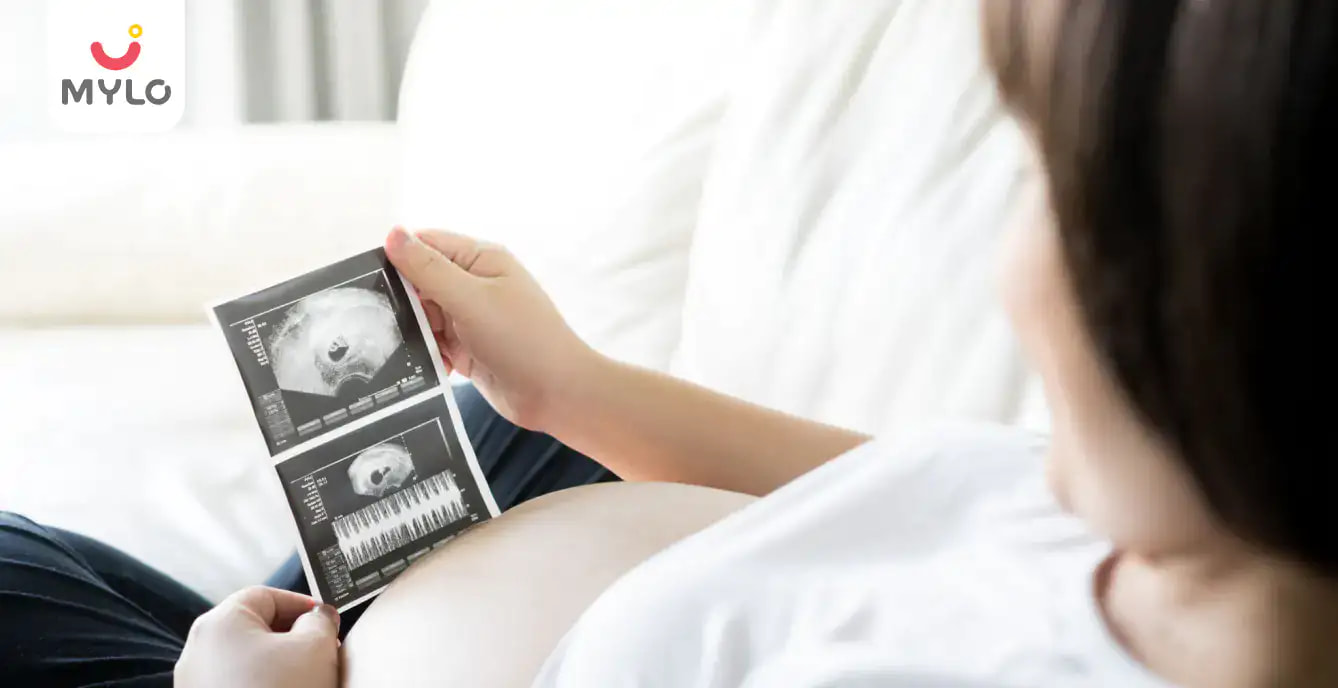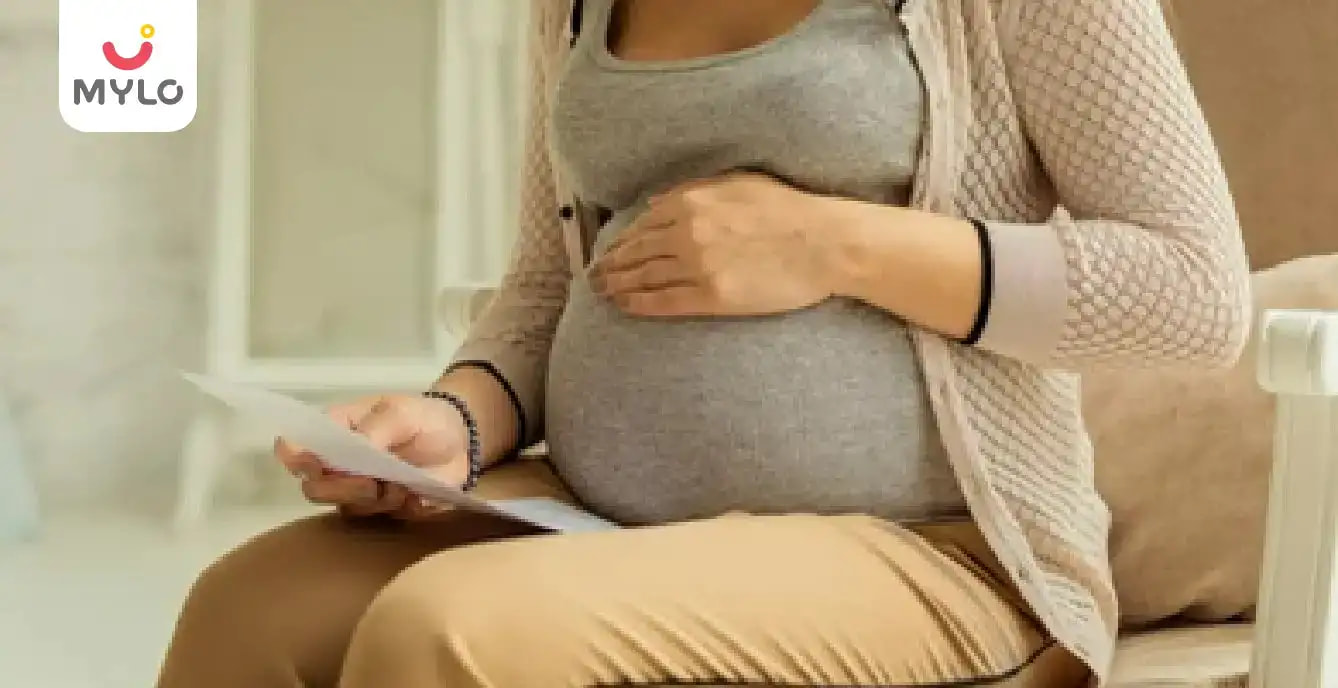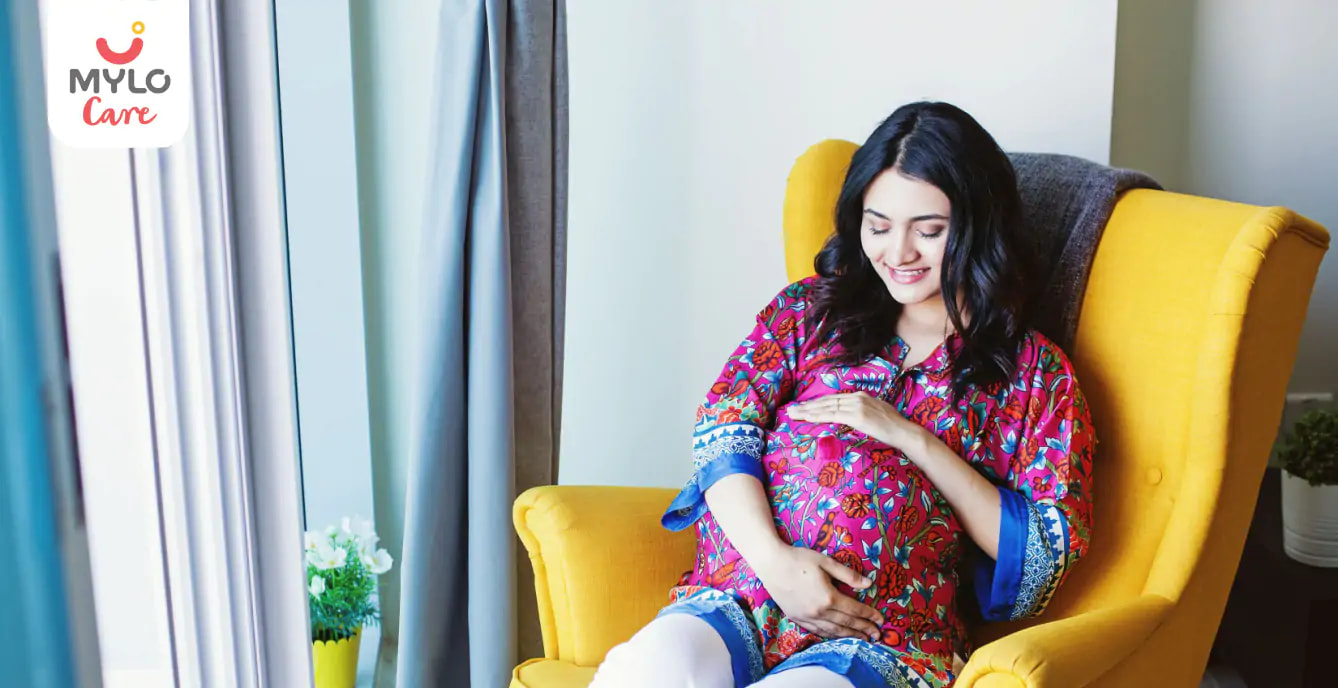Home

Pregnancy Journey

Stages of Pregnancy by Trimester
In this Article
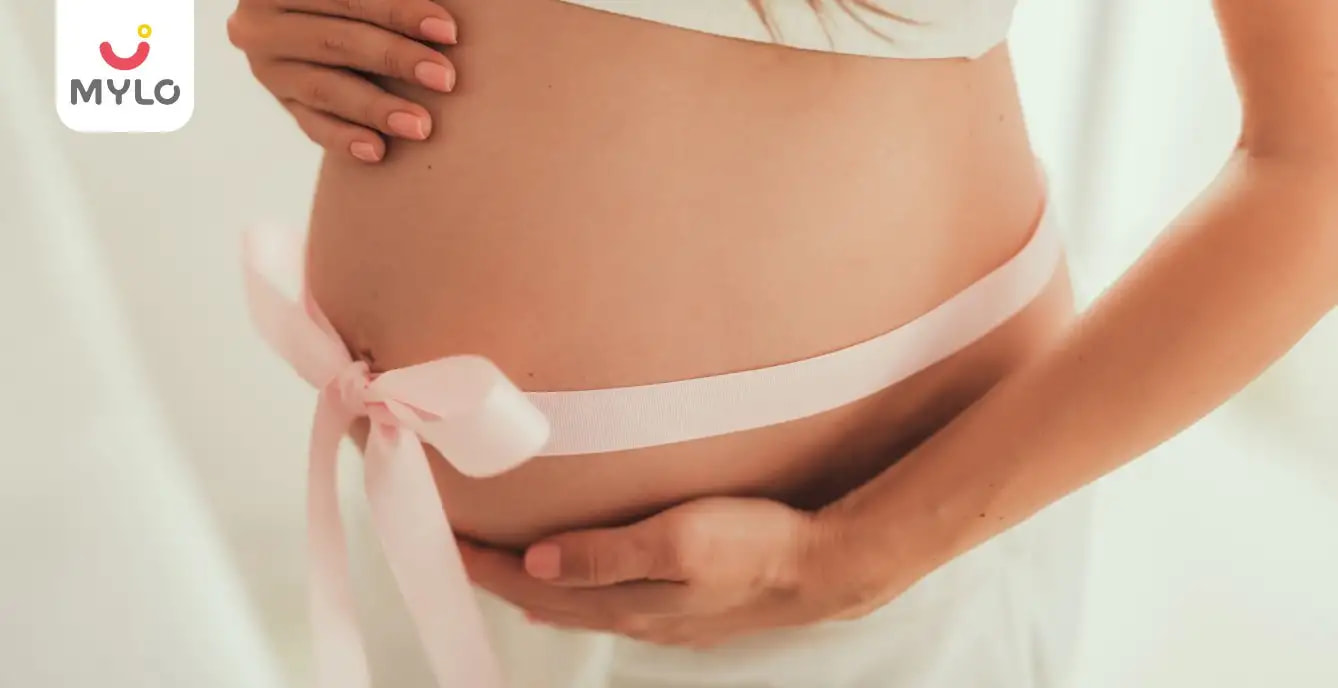
Pregnancy Journey
Stages of Pregnancy by Trimester
Updated on 20 October 2023
Pregnancy is divided into three stages commonly known as trimesters: first trimester, second trimester and third trimester. Each trimester in pregnancy lasts for 12-14 weeks and a full-term pregnancy lasts around 40 weeks, beginning from the first day of a woman’s last period. A pregnant woman experiences different symptoms and body changes during each trimester of pregnancy. And her baby also achieves various fetal developmental milestones through the 3 trimesters of pregnancy.
What is the meaning of Trimester in Pregnancy?
As explained, pregnancy is broken into three phases called trimesters. A pregnant woman undergoes three trimesters of pregnancy: first trimester of pregnancy, second trimester and third. The first trimester of pregnancy starts from the first day of the woman’s last period and lasts for 13 weeks. The second trimester of pregnancy lasts from 13-26 weeks and the third and final trimester lasts from 27-40 weeks or till the week of childbirth.
Let’s understand each of the three trimesters in pregnancy briefly to help you navigate the challenges and changes of each of these 3 trimesters of pregnancy.
1. First Trimester of Pregnancy (0-13 Weeks)
The first trimester of pregnancy is the earliest phase of your pregnancy, and also the most crucial. As the little miracle of life begins to develop in your womb, a plethora of changes and challenges come your way. You might experience symptoms like nausea, breast tenderness, fatigue and frequent urination. Additionally, you will notice body changes like swelling or soreness in breasts, pigmentation around the areola, unexplained mood swings and increased blood circulation.
But you are not alone, your baby too will experience a whole host of changes. Your baby will transition from a fertilised egg to a fully-formed foetus and begin to form a body structure as well as organs. By the end of the first pregnancy trimester, your baby will be around 2.5-3 inches long. A nutritious and balanced diet, regular exercise, prenatal vitamins and some dietary precautions will help you keep healthy during your first pregnancy trimester.
2. Second Trimester of Pregnancy (14-26 Weeks)
The second trimester of pregnancy is the middle one in the 3 trimesters of pregnancy. The second trimester in pregnancy is a lot more smooth and more relaxed than the first trimester of pregnancy. It’s also the pregnancy trimester when the much-awaited baby bump makes an appearance. By the end of the second trimester of pregnancy, you may even feel your baby move.
The second trimester in pregnancy may result in the following symptoms: abdominal pain, backache, bleeding gums, vaginal discharge, nasal problems, leg cramps and hemorrhoids (varicose veins). You might also notice some body changes like stretch marks, breast enlargement, pigmentation, hair growth and increased appetite. Your baby will weigh around 900 grams and be 16 inches long during the second pregnancy trimester.
3. Third Trimester of Pregnancy (27-40 Weeks)
The third trimester of pregnancy is the final phase of your pregnancy and you’re about to meet your little one very soon. It is also the toughest of the 3 trimesters of pregnancy as normal movements, breathing and sleep all become harder. During the third pregnancy trimester, your baby will continue to grow and develop rapidly and begin changing position for the birth. The little one should weigh around 3.4 kgs and measure 19-21 inches long by the time of birth.
The third trimester in pregnancy will bring around the following symptoms and changes: body aches, leaky breasts, frequent urination, vaginal discharge, shortness of breath, swelling and Braxton-Hicks contractions. By the end of your third pregnancy trimester, you may have gained a total of 10-15 kgs.
You may also like: The Ultimate Guide to 4th Month Pregnancy Symptoms
Frequently Asked Questions about First, Second and Third Trimester
1. What is The Best Pregnancy Trimester?
The second trimester of pregnancy is often called the best trimester in pregnancy. Also referred to as the babymoon period or the golden period of pregnancy, the second pregnancy trimester is the most comfortable trimester for most women. Most of the unpleasant pregnancy symptoms begin to disappear and women experience higher energy levels, better sleep and little or no nausea.
2. What Pregnancy Trimester is The Most Critical?
The first trimester is the most critical of the three trimesters of pregnancy. Although you may not show much on the outside but inside, your body is undergoing major changes. It’s also during the first trimester in pregnancy that the fetus is the most vulnerable. Try eating a healthy diet, taking prenatal vitamins and staying off of any harmful foods or environment to ensure crossing this crucial milestone in your pregnancy.
3. What Pregnancy Trimester is The Hardest or The Most Painful?
Most women consider the first trimester of pregnancy to be the hardest as their body is undergoing a major transformation. Additionally, the onset of pregnancy symptoms like nausea and vomiting, breast tenderness, frequent urination and extreme fatigue doesn’t make it any easier. As a result, it takes some getting used to in order to brace through this hard and painful first pregnancy trimester.
4. What Pregnancy Trimester is The Longest?
The third trimester of pregnancy is considered to be the longest as it begins in week 27 and lasts until you give birth. It can also be the shortest trimester depending on how eager your baby is to come into the world. If your pregnancy lasts longer than 42 weeks, it is called post-term or past due.
5. What Are Signs of Healthy Pregnancy?
Surprisingly, the most unpleasant symptoms of pregnancy are some of the signs of a healthy pregnancy. Sore and enlarged breasts, increased vaginal discharge, nausea and exhaustion are all signs of a healthy pregnancy as they indicate a surge of pregnancy hormones in the body and that the body is adapting well to pregnancy.
6. What Are the Signs of Unhealthy Pregnancy?
Some of the warning signs of an unhealthy pregnancy include bleeding, severe nausea and vomiting, a significant decline in fetal activity, a persistent & severe headache, sudden swelling on the face, hands & legs and visual disturbances. In case you notice any of these signs, call your doctor immediately.
References
1. Fowler JR, Mahdy H, Jack BW. Pregnancy. (2022). In: StatPearls [Internet]. Treasure Island (FL): StatPearls Publishing
Trending Articles
Baby Development Stages | First Trimester | 2nd Trimester of Pregnancy | 3rd Trimester of Pregnancy
Popular Articles
Growing Pains | Back Pain During Pregnancy | Aspirin in Pregnancy | Pre Eclampsia



Written by
Anupama Chadha
Anupama Chadha, born and raised in Delhi is a content writer who has written extensively for industries such as HR, Healthcare, Finance, Retail and Tech.
Read MoreGet baby's diet chart, and growth tips

Related Articles
RECENTLY PUBLISHED ARTICLES
our most recent articles

TV & OTT
Your Streaming Guide to the Best Web Series on Hotstar in Hindi

TV & OTT
Top Romantic Movies on Hotstar That'll Melt Your Heart

Second Child
When to Have Another Child: Timing and Tips
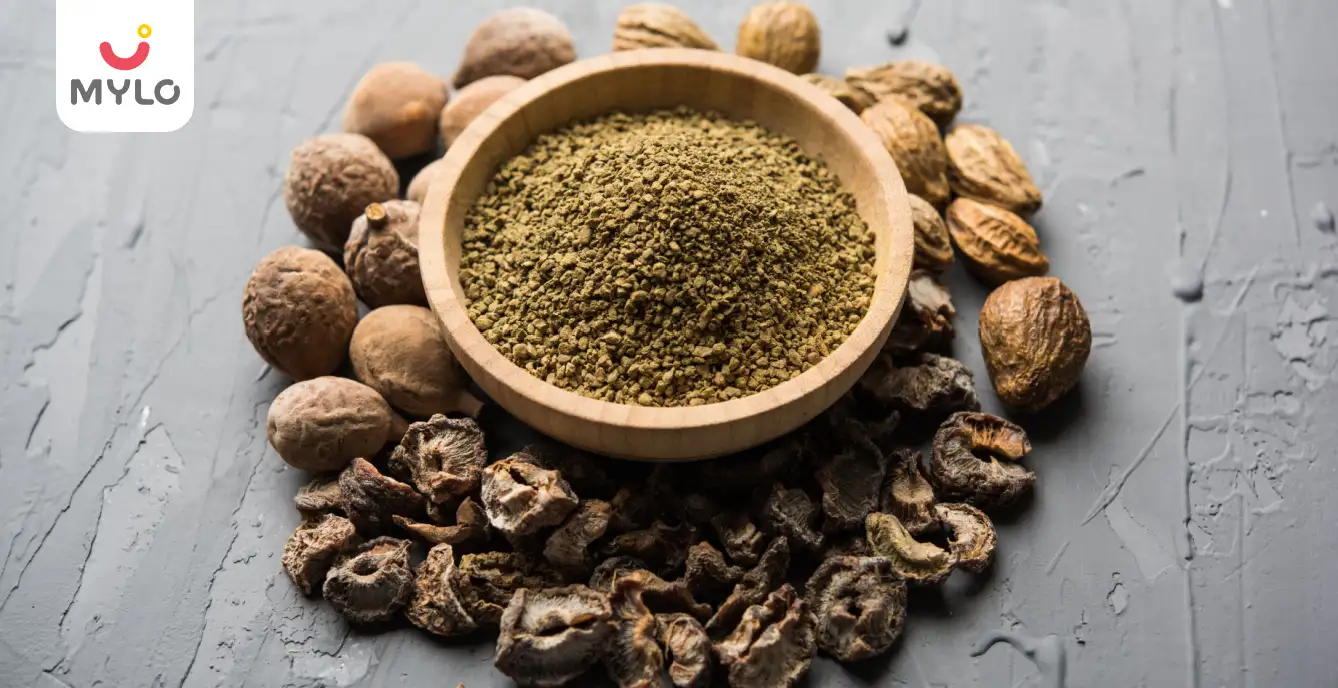
Ayurveda & Homeopathy
Top 10 Benefits of Triphala: Discover the Hidden Health Secrets
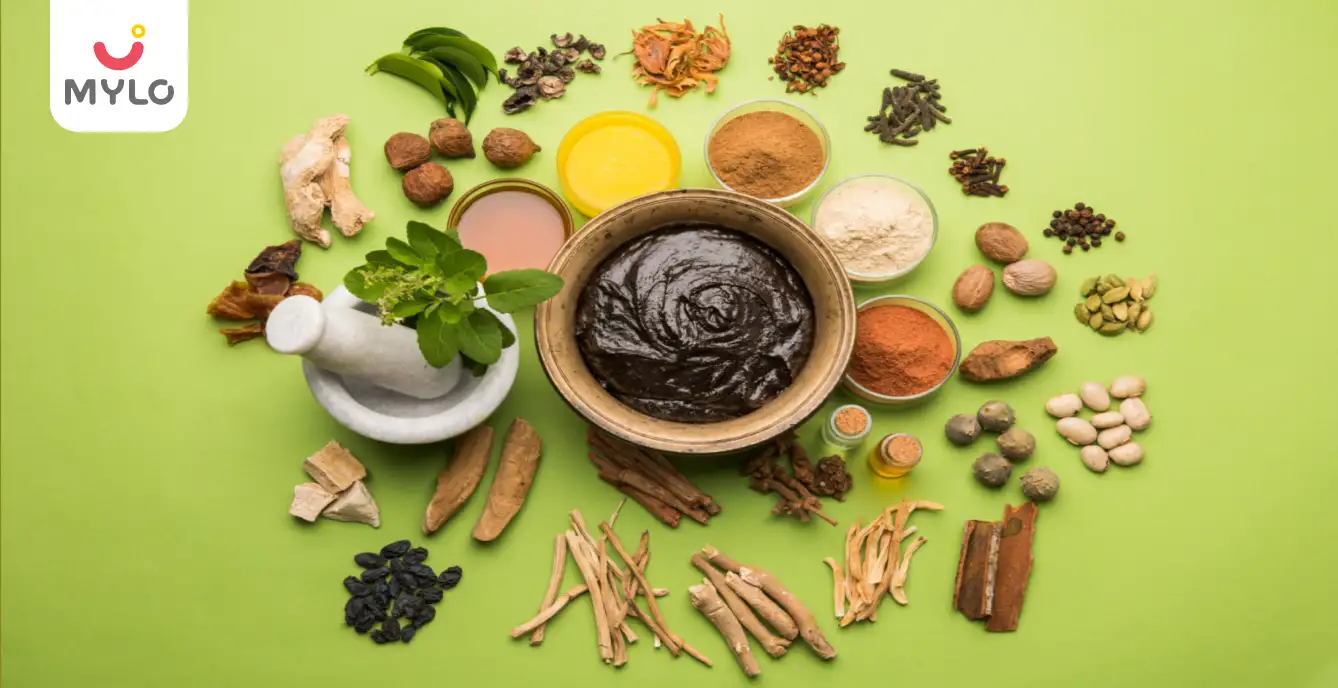
Ayurveda & Homeopathy
Ayurvedic Medicine for Irregular Periods: Discovering Ancient Remedies for Hormonal Harmony

Vaginal Discharge
The Link Between Missed Period and White Discharge
- Vata Pitta Kapha: The Ultimate Guide to Discovering Your Ayurvedic Constitution
- Top 10 Romantic Web Series on Hotstar You Must Watch
- Back Pain During Period: Understanding the Causes and Solutions
- Pain After Sex: The Ultimate Guide to Understanding Causes and Finding Relief
- Coffee in Periods: Debunking the Myths and Understanding the Facts
- Postmenopausal Bleeding: Symptoms, Causes & Treatment
- Hormone Replacement Therapy (HRT) : Type, Side Effects & Treatment
- Arogyavardhini Vati: How This Herbal Blend Can Help You Balance Your Three Doshas
- How to Clean Your Vagina & Vulva Complete Guide
- Blighted Ovum: Causes, Symptoms & Treatment
- The Ultimate Guide to Consuming Iron and Folic Acid Tablets
- White Creamy Discharge: Is It Normal or a Cause for Concern?
- First-Time Sex & Pregnancy Chances: What You Need to Know
- The Ultimate Guide to Twin Pregnancy Symptoms at 4 Weeks


AWARDS AND RECOGNITION

Mylo wins Forbes D2C Disruptor award

Mylo wins The Economic Times Promising Brands 2022
AS SEEN IN

- Mylo Care: Effective and science-backed personal care and wellness solutions for a joyful you.
- Mylo Baby: Science-backed, gentle and effective personal care & hygiene range for your little one.
- Mylo Community: Trusted and empathetic community of 10mn+ parents and experts.
Product Categories
baby carrier | baby soap | baby wipes | stretch marks cream | baby cream | baby shampoo | baby massage oil | baby hair oil | stretch marks oil | baby body wash | baby powder | baby lotion | diaper rash cream | newborn diapers | teether | baby kajal | baby diapers | cloth diapers |



